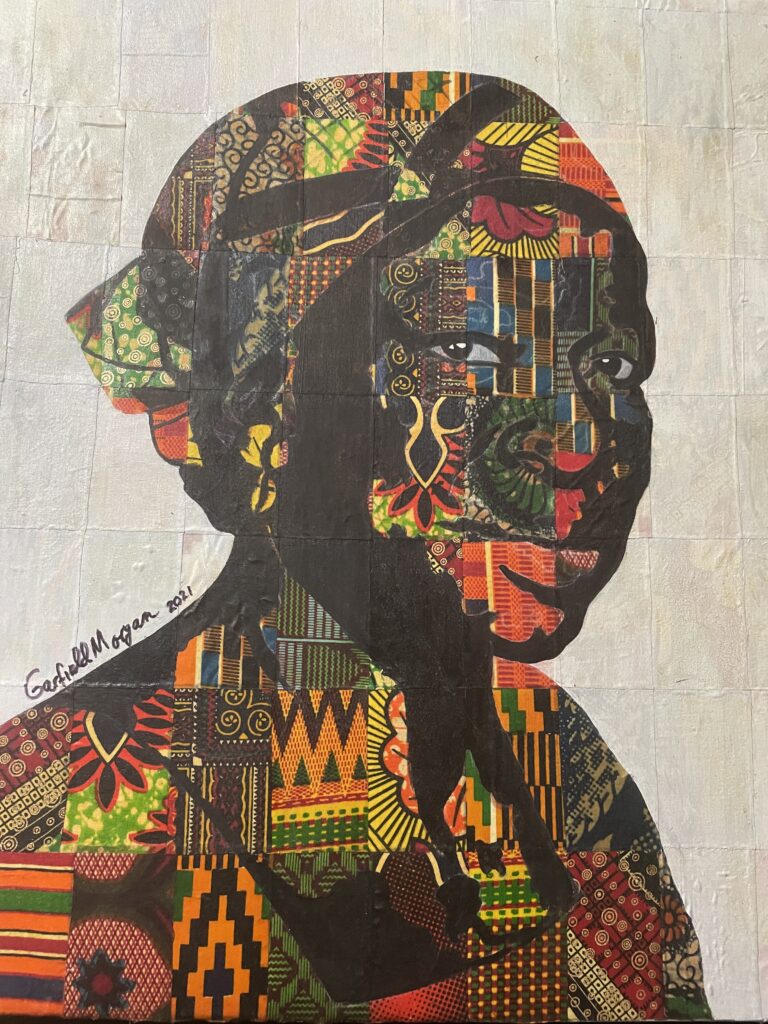COVID-19 and corruption In Burkina Faso

The spread of COVID-19 in Burkina Faso necessitated the provision of special budgets for sensitization, testing, vaccine and costs of enforcing restrictive measure to curb the spread of the diseases. Besides the government, NGOs, and philanthropists were engaged in raising funds for this special budget. Sadly, certain individuals exploited this situation to enhance their political ambitions. Such individuals made their donations conditional, targeting particular political constituencies and groups. At another level, security agents from the police, customs and immigration services are, allegedly, extorting bribes from people who smuggle in and out of the country in violation of the intra and inter border lockdown.
COVID and political ambitions
In April 2020, President Kaboré earmarked the sum of 394 billion CFA francs to the fight against COVID. Other notable NGOs, philanthropists and private enterprises supported the government’s effort by donating money to curb the spread of the pandemic. However, these donations were trailed by corruption. Some donors took advantage of the opportunity to campaign as well as induce potential voters with cash donations. Others used the opportunity to boost their popularity, by making their presentation under full media coverage. These activities attracted civil concern, prompting the Réseau national de lutte anti-corruption (a coalition of civil societies against corruption) to raise the concern that some unscrupulous politicians were exploiting the situation to enhance their political standing. The organization noted that some of the donors were more concerned with the media coverage of their generosity: journalists were invited to take pictures and record them making donations. To make matters worse, these politicians channeled their aid to specific individuals, groups or political parties.
Bribes for Passage
With the land borders closed, only the wealthy can afford to travel legally. Most people are bound to rely on smuggling through the numerous land borders. These land borders, prior to COVID, were largely used by traders who often complained of extortion by security personnel at numerous checkpoints between Burkina and neighboring countries. A lady bitterly reports that during her trip from Burkina to Côte d’Ivoire, she was made to pay 1,000 CFA francs (approximately US$2, a huge sum for someone of her status) at several checkpoints, although her travel particulars were up to date. With the restrictions imposed as a result of Covid, desperate travelers, particularly traders, who had to make an income relied on smugglers. These smugglers who are familiar with the terrain, take them through illegal routes in exchange for large amounts of money. The smugglers, in turn, remit a portion of the fees to the security personnel manning the borders to allow them free passage.
The inter-border smuggling, unfortunately exposes passengers to Covid, since they escape the appropriate checking measures established on legal routes. For instance, between 20 and 26 July 2020, approximately 137 persons were smuggled from Burkina to Niger, through the Kantchari road. They bypassed the checkpoints where officials would insist on the official COVID-19 protocols which include test results, body temperatures and observing social distance.
Corruption triggers
Burkina Faso’s fragile economy took a nosedive with the pandemic. The restrictive measures imposed by the government contributed to the economic woes. The GDP dropped drastically, as several economic sectors were forced to close down or reduce their activities. Many people lost their jobs. Lockdown measures also affected household income as petty traders, mechanics, vulcanizers and other artisans could not work. The closure of the borders also caused inflation since importation was only by air or through smuggling. The income of the average household fell, causing poverty. The eastern and northern parts of the country are the hardest hit. Terrorism had slowed economic activities down in these regions and the COVID restriction only made it worse. Needy citizens easily fell prey to corruption. The terrorist groups recruited more youths into their ranks by giving them money. Others joined the smuggling cartel as guides, carriers and spies.
Curbing COVID and corruption
As the government struggles to curb the spread of COVID-19, it is important that the corrupt practices emanating from this process be curbed as well, for the complete healing of society. Some of the measures proposed by the coalition of civil societies, in this regard, include: the government to publicly declare how monies meant for COVID-19 are being expended by various government agencies. Institutions and agencies in charge of audits must be involved in the spending of the funds. Government must involve professional bodies that have no political affiliations in the disbursement of aids and donations so that they can trickle to all spheres of the population, especially the vulnerable citizens. Government must tighten border control and punish smugglers and security agents involved in illegal crossing. Lastly, micro-economic activities must be revived to keep the jobless away from the lure of crime and criminality.
Moussa Traoré is a Senior Lecturer at the Department of English, University of Cape Coast, Ghana.





